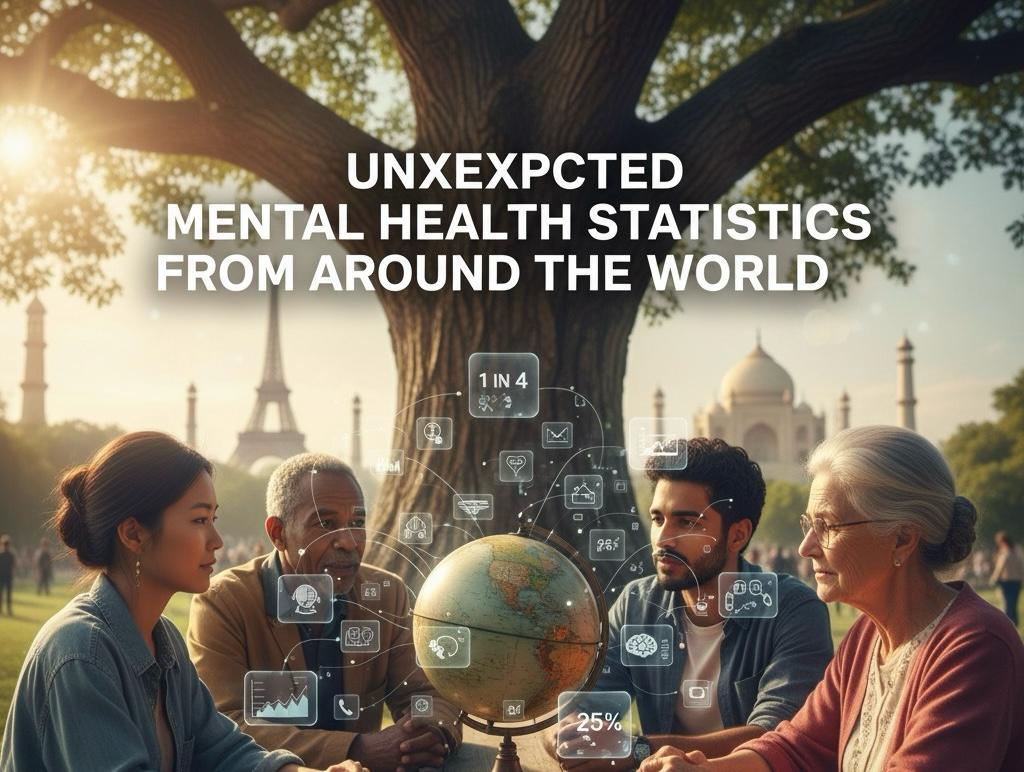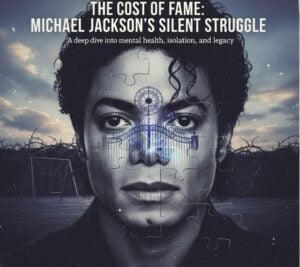The relationship between money and happiness has been a subject of interest in both academic research and popular discourse. While conventional wisdom suggests that money can’t buy happiness, empirical evidence presents a more nuanced picture. This report aims to examine the various perspectives on this complex relationship, evaluating arguments for and against the notion that money directly correlates with happiness. Finally, it critically analyses these viewpoints to draw informed conclusions.
Introduction
Money and happiness are two fundamental aspects of human life that often intersect in complex ways. The link between these variables has been scrutinised in psychological, economic, and sociological studies, yielding mixed results. Understanding this relationship is pivotal for individuals, businesses, and policymakers who aim to improve quality of life.
Arguments For The Link Between Money and Happiness
Financial Security
The most straightforward argument for the link between money and happiness is the element of financial security. According to research conducted by the University of Michigan, individuals with stable income report higher levels of well-being compared to those with unstable financial conditions (Helliwell, Layard, & Sachs, 2019). Financial security allows individuals to meet basic needs such as food, shelter, and healthcare, thereby reducing stress and increasing happiness.
Opportunity and Choice
Money provides people with more options and freedom, which contribute to a happier life. A study by Harvard University suggests that money allows individuals to make choices that align with their personal values and aspirations, leading to increased satisfaction (Norton & Dunn, 2013).
Social Standing
In many societies, financial success is often equated with social standing. Achieving a higher social status can significantly impact one’s self-esteem and overall happiness. Research from Princeton University indicates that people who perceive themselves as financially secure and successful often report higher levels of happiness (Kahneman & Deaton, 2010).
Arguments Against The Link Between Money and Happiness
Diminishing Returns
While money can enhance happiness to some extent, its impact has limits. The concept of diminishing returns suggests that after reaching a certain income level, additional money contributes minimally to overall happiness (Jebb, Tay, Diener, & Oishi, 2018). Essentially, once basic needs are met, the incremental benefits of more money start to decrease.
Hedonic Adaptation
People adapt to changes in circumstances, including financial gains. This phenomenon, known as hedonic adaptation, posits that the initial joy of a pay rise or windfall fades over time as individuals adjust to their new standard of living (Diener, Lucas, & Scollon, 2006).
Relativity and Comparison
The comparison of personal wealth with others can negate the happiness derived from financial success. Social comparison theory suggests that individuals measure their own success against their peers, which can lead to dissatisfaction even when financially comfortable (Festinger, 1954).
Critical Analysis
Upon evaluating the arguments for and against the link between money and happiness, several key observations can be made.
Firstly, while financial security undeniably contributes to happiness, its impact diminishes after a certain threshold, often cited around the median income level for developed countries. This suggests that policymakers aiming to enhance public happiness should focus on alleviating poverty and ensuring basic needs are met, rather than promoting limitless wealth accumulation.
Secondly, the role of hedonic adaptation and social comparison in modulating happiness levels indicates that the relationship between money and happiness is not linear. Emotional well-being depends on multiple factors, including personal values, social relationships, and psychological resilience, which may not necessarily align with financial success.
Finally, although money can provide opportunities for a happier life, it is not a guaranteed pathway to sustained happiness. The ability to make choices that align with one’s values does facilitate well-being but also requires a level of self-awareness and emotional intelligence that money alone cannot buy.
Conclusion
The relationship between money and happiness is intricate, mediated by a variety of psychological, social, and economic factors. While money can contribute to well-being by providing financial security, opportunities, and social standing, its impact is limited by diminishing returns, hedonic adaptation, and social comparison.
For individuals and organisations aiming to improve mental health, understanding the nuanced role of money in emotional well-being is critical. This insight can inform therapeutic approaches, helping clients navigate the complexities of financial stressors in their pursuit of happiness.
References
– Diener, E., Lucas, R. E., & Scollon, C. N. (2006). Beyond the hedonic treadmill: Revising the adaptation theory of well-being. *American Psychologist*, 61(4), 305.
– Festinger, L. (1954). A theory of social comparison processes. *Human Relations*, 7(2), 117–140.
– Helliwell, J. F., Layard, R., & Sachs, J. (2019). *World Happiness Report*. United Nations.
– Jebb, A. T., Tay, L., Diener, E., & Oishi, S. (2018). Happiness, income satiation and turning points around the world. *Nature Human Behaviour*, 2(1), 33–38.
– Kahneman, D., & Deaton, A. (2010). High income improves evaluation of life but not emotional well-being. *Proceedings of the National Academy of Sciences*, 107(38), 16489–16493.
– Norton, M. I., & Dunn, E. W. (2013). *Happy Money: The Science of Happier Spending*. Simon and Schuster.
Recommendations
1. Financial well-being should be considered as one of several pillars of holistic mental health treatment.
2. Policymakers should focus on ensuring economic policies that aim to meet basic financial needs for all.
3. Further research should explore the psychological mechanisms that mediate the relationship between money and happiness, to better inform therapeutic interventions.
How to get in touch
If you or your patient/NDIS clients need immediate mental healthcare assistance, feel free to get in contact with us on 1800 NEAR ME – admin@therapynearme.com.au.







